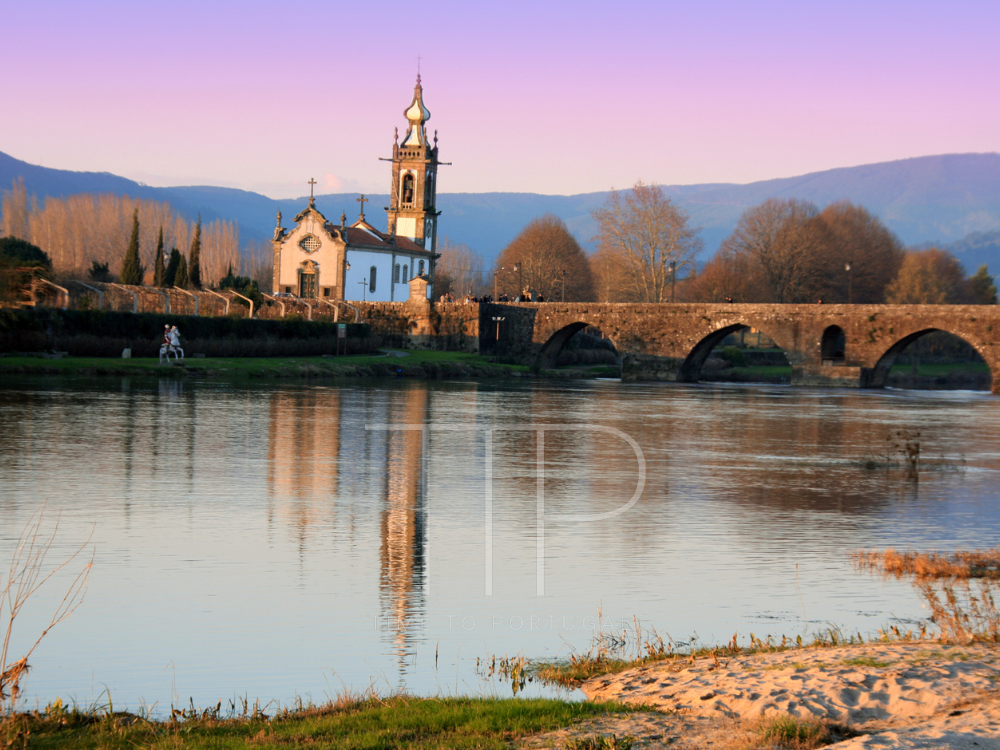A new city and eight new towns have been confirmed. There are those who don’t want to see their status raised: “a big town is better than a small city”.
After a gap of eleven years without specific legislation, Portugal is to elevate a total of nine localities to city and town status. Almancil, in the municipality of Loulé, will be promoted to town status, while four parishes – Salir de Matos, Salir do Porto, Tornada (Caldas da Rainha) and Boliqueime (Loulé) – will become villages.
Alongside these towns, four other parishes – Palmeira (Braga), Árvore (Vila do Conde), Venda do Pinheiro (Mafra) and Pombeiro da Beira (Arganil) – are also awaiting Parliament’s decision, which should take place later this year, according to Jornal de Notícias this Sunday.
The change comes after the Portuguese Parliament approved the new classifications in general terms. Final confirmation by the parliamentary committee on Local Government is now awaited in order to verify compliance with the legal requirements, a step that is expected to take place soon.
The new legislation, developed to fill the void left by the 2013 parish reform, updates the classification criteria, based on equipment and population indicators. Now, a city must have at least nine thousand voters, while a town retains the minimum requirement of three thousand.
Although the new status doesn’t imply an increase in state budget funds or new administrative powers, local authorities see this reclassification as an opportunity to attract investment and strengthen territorial marketing.
For some towns, such as Palmeira, the title of village is seen as a strategic tool for attracting investment and generating employment. Its mayor, João Ferreira, sees the new classification as an opportunity to create a development hub to the north of Braga, and even without a health center he believes that the parish, with more than five thousand voters, meets the necessary requirements. There is also interest in the new status in places like Mogadouro, where the mayor hopes that the elevation to city status will help attract new investors and create a centrality that favors economic and social development.
On the other hand, some towns, despite meeting the requirements, prefer to maintain their historical identity, such as Ponte de Lima, which, being the oldest town in Portugal, wishes to preserve its status, considered an element of charm and identity.
“The title of ‘oldest town in Portugal’ adds charm and is good for marketing. We’re going to be 900 years old in 2025 and we want to maintain this identity, which makes Limianos proud,” explains the mayor: “a big town is better than a small city.” Vasco Ferraz also points out that, in terms of the transfer of funds, there is no advantage in becoming a town, since the annual amount received from the government does not depend on the town’s classification. In Portugal, around 52% of municipalities have city status, a significantly higher percentage than in other European countries, where the criteria are more demanding and the counterparts, in terms of competencies and funding, are more robust.
In Spain, France and Italy, for example, only 2% of municipalities have city status, while in the UK the figure is around 17% and in the Netherlands it’s as high as 25%.

